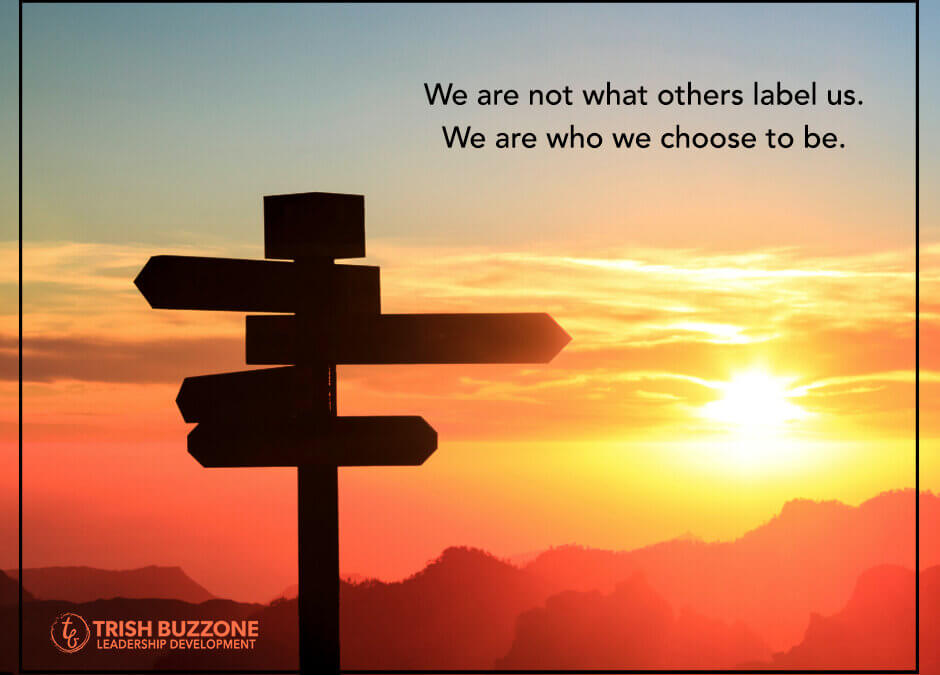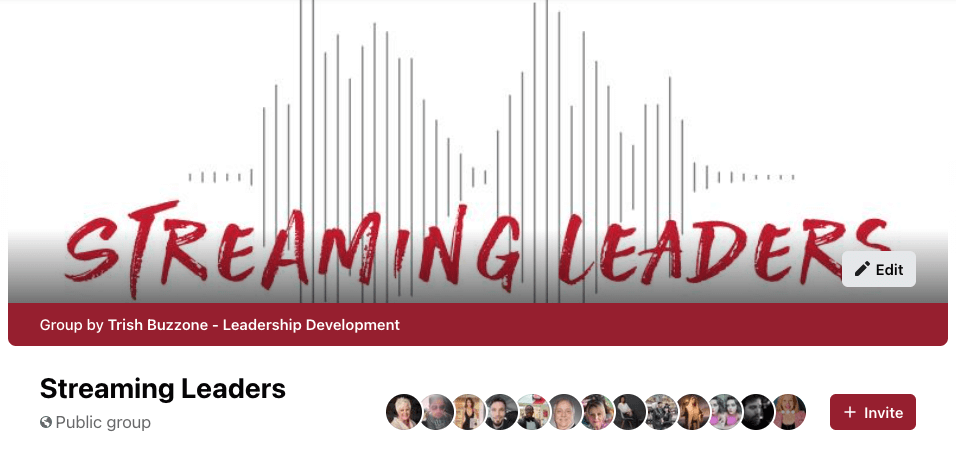Have you ever found yourself so angry with a friend or colleague, so shocked at what they said or what they did, that you wondered if your relationship could survive? Ginny found herself there after an ugly argument with an old friend. Her story, shared with permission, presents an opportunity for all of us…
Ginny sipped her coffee, the steam rising around her face. I could see her eyes over the lip of her cup, unshed tears welling. “How could I let one conversation hijack a lifetime of friendship?” She clutched the cup in both hands, added, “I just couldn’t believe what she said… What hurt the most, I think, is that she knew she crossed a line, and she just kept pushing.”
“What did you do?” I asked.
She set the cup down, confessed in a whisper, “I pushed back… Shouldn’t have, but I did. In the beginning, we were just two friends having a disagreement. It happens, right? Then, I remember her saying something I thought was ridiculous… and… well… I told her so.”
“How did she respond?”
“She called me something… Or maybe I called her something first. Honestly, I can’t remember. It wasn’t even a bad thing to call someone, but it was meant in a bad way.” Ginny shook her head, embarrassed, “It felt so stupid, like kids calling each other names on the playground. I’m going to lose my friend over that…” She paused, taking another sip, “The thing is, I wanted to make it right. It’s just that… well… I see her differently now, and I think she sees me differently too. We’ve been friends for so long, and now we feel like strangers. Crazy, right?”
I shook my head, “Not crazy. A lot of people are struggling with that right now.”
“So, where do we go from here?”
“Start with where you lost the connection.”
She gave me a sad smile, recited, “’Once you label me, you negate me,’ I’ve seen that quote so many times. I don’t think I really understood it until now. Once she labeled me, or I labeled her… something shifted between us, and I can’t get past it.”
“Why?”
“I just… well…” She pushed the cup aside, tried again, “It seems impossible that someone like her… How could she really think that!”
“Have you asked her?”
“I tried. We ended up arguing again. I know I need a better approach…” Ginny sighed, breathing out the hurt and frustration. “What am I missing?”
“It sounds like you’re missing each other. You’re seeing the label, and so is she.”
“After all that’s happened, it’s hard not to.”
“Is it hard for you to think of yourself as more than that one opinion on one issue?”
She shook her head, “No, of course not, and I get it. When we’re focused on the disagreement, we don’t see the person. So, again, how do I get past it?”
“Peel the label off.”
“Peel the label off,” Ginny repeated.
I nodded, “There’s an approach to tough conversations called respectful engagement. Remember what you respect and appreciate about her. Go in without assumptions or expectations. Invite her to share her perspective and listen to understand.”
“What if she doesn’t want to talk, or she won’t do the same for me?”
“If you want to repair the relationship, one of you has to take that risk.”
Ginny was quiet for a moment. She stood, gathering her things. “Peel the label off… I think I can do that.”
“It’s something we could all be better at,” I said. As she walked away, I was thinking about what a community built around respectful engagement could be. I still am, and I’m hoping to find people to build it with me.
A version of this article was originally published in the March 2021 issue of Sandpoint Living Local / Coeur d’Alene Living Local.
How one small shift can cause a breakthrough: A Case Study
Communication problems are one of the greatest causes of poor morale, lack of productivity and failure with any team. When a leader models intentional listening, that shift will inspire their team to follow that lead, increasing that team’s capacity for success with...
How Autocratic Leaders Kill Communication: A Case Study
Good leaders understand the necessity of healthy lines of communication with their team. Sometimes, though, we get in our own way, stifling what might otherwise be a dynamic environment. Why does this happen, and how would a shift in thinking lead to better...
My Friend Deepak: A story about lost opportunities and second chances
All of us have disappointed ourselves, fallen short of a goal or made a promise we didn’t keep. While we all need to do our best to walk in integrity, sometimes we are too slow to let go of our failures. Too slow to set them down and carry only the lessons learned...
From autocrat to influencer: making the shift
As a leader, is it more important to get things done, or to develop a group of people who get things done? Our initial answer to this question says a lot about which method of leadership we tend to prefer: autocratic or influential. In a previous article, we looked at...
Pitfalls of an autocratic approach: A real world case study
What’s the best approach to leadership? Is there a time when being an autocrat is better than being an influencer? Sooner or later, every leader will need to address these questions. Is there an answer that applies to every situation, or are there exceptions? Good...
Why influential leaders inspire questions instead of answering them
You see it in kung fu movies, science fiction sagas and old-fashioned hero quests. The young adventurer encounters the wizened sage, hoping to receive answers to the questions that launched him on his quest. After a moment of bemused silence, the sage responds to the...









0 Comments